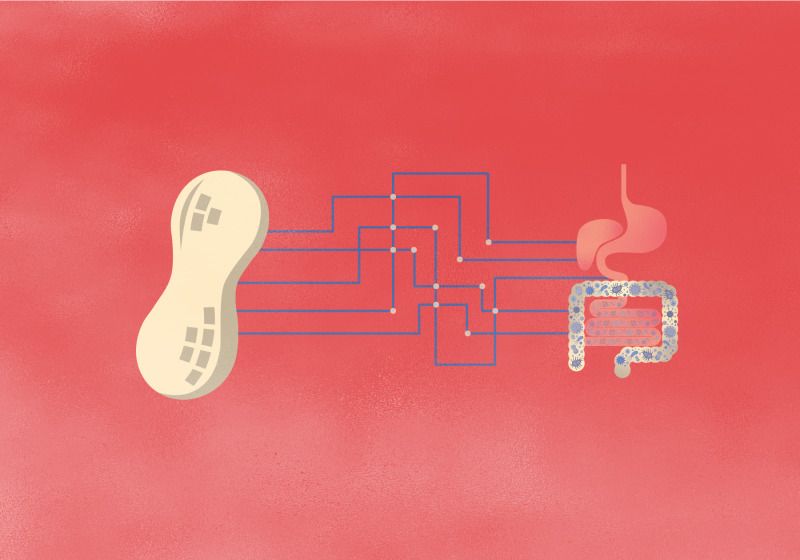A new study has discovered that the guts of elite athletes contain a particular type of bacteria that boosts exercise capacity. The bacteria are members of the genus Veillonella and are not present in the gut microbiomes of sedentary people.
The microbiome
The microbiome is an ever-changing ecosystem in the gut populated by a vast array of types of archaea, eukarya, viruses, and bacteria. Four microbial phyla, Firmicutes, Bacteroides, Proteobacteria, and Actinobacteria, make up 98% of the intestinal microbiome.




